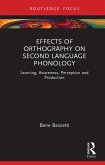
20,95 €
Sofort per Download lieferbar
eBook, ePUB
6. September 2023
Taylor & Francis eBooks
| Broschiertes Buch | 31,99 € | |
| eBook, PDF | 20,95 € |
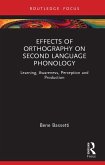
20,95 €
Sofort per Download lieferbar
eBook, PDF
6. September 2023
Taylor & Francis eBooks
Gebundenes Buch
Learning, Awareness, Perception and Production
6. September 2023
Routledge / Taylor & Francis
Ähnliche Artikel
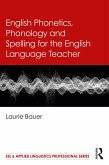
eBook, ePUB
28. Dezember 2023
Taylor & Francis eBooks
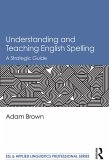
eBook, ePUB
21. September 2018
Taylor & Francis eBooks
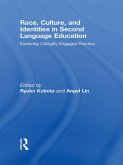
eBook, ePUB
2. Juni 2009
Taylor & Francis eBooks
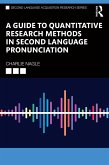
eBook, ePUB
31. Juli 2024
Taylor & Francis eBooks
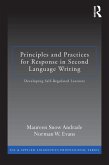
eBook, ePUB
27. November 2012
Taylor & Francis eBooks

eBook, ePUB
24. Februar 2023
Taylor & Francis eBooks
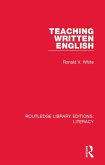
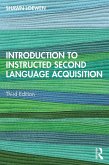
eBook, ePUB
Taylor & Francis eBooks
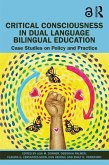
eBook, ePUB
13. Dezember 2022
Taylor & Francis eBooks
Ähnlichkeitssuche: Fact®Finder von OMIKRON
